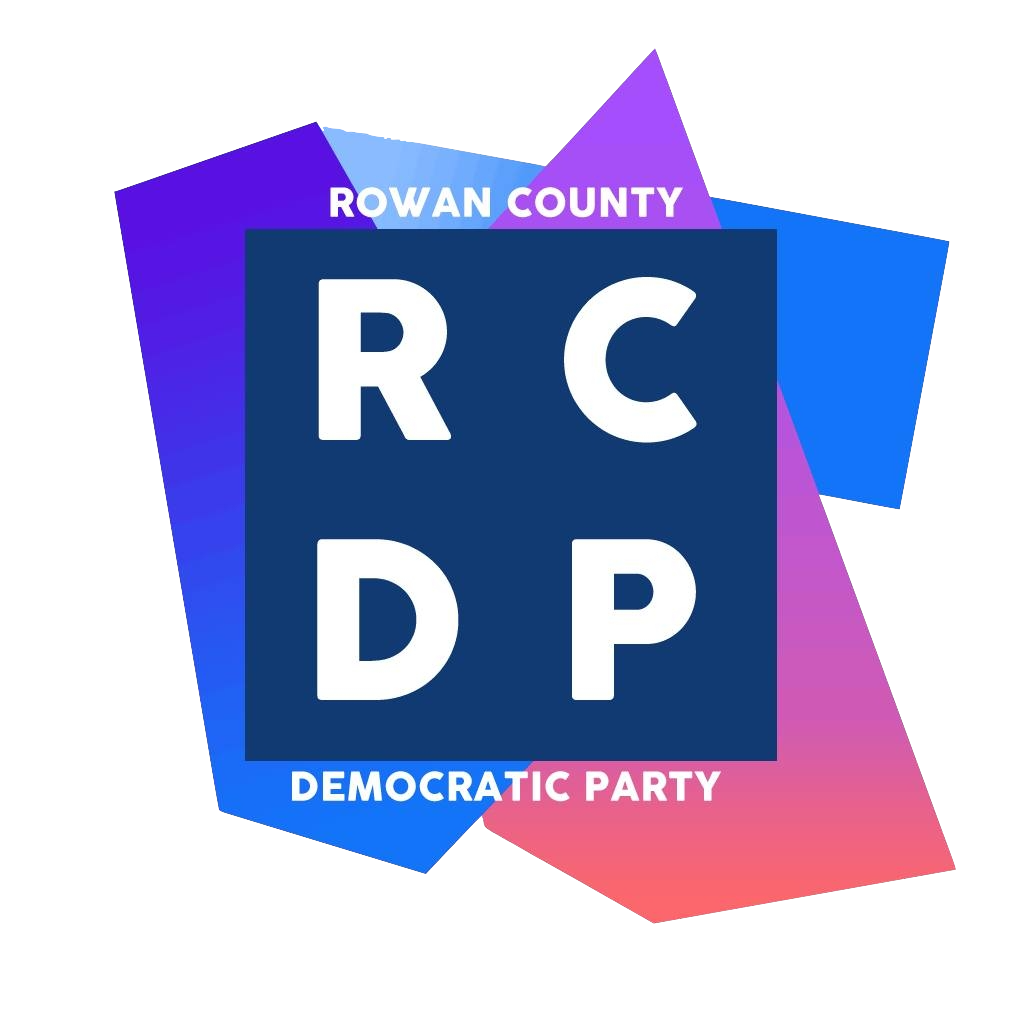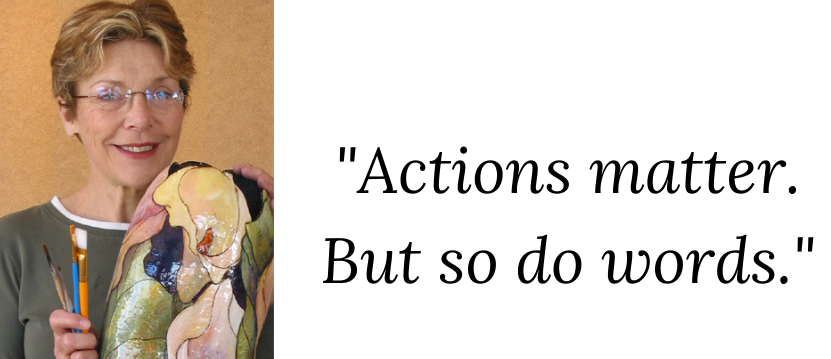For a few weeks now, I have been ruminating on Renee Scheidt’s “My Turn” about racism (“Racism alive and well in Rowan”).
I don’t think it was really about race. I read a carefully written political call to her followers to evince a certain response — ostensibly to do the Christian thing and “apply the words of Christ.” However, between the lines there was a lot of Black/Brown blaming going on.
Let me elucidate: the writer frets, “Quite frankly, being called a white supremacist just because I’m white doesn’t sit too well with me.” Rather than fall for Ms. Scheidt’s indignation, I wondered what she had said to her neighbor in line at Walmart to inspire their comment. Ms. Scheidt continues her Walmart saga by replaying a popular comeback, “That’s irrelevant. I’m colorblind.” And then, comes her call for agreement (or head nodding) from you, dear reader, at her perceived slight: “Is that not being prejudiced?” I don’t think so.
Scheidt continues to make it easier for you to agree and to give you space to pat yourself on the back about the injustices you might have suffered, relating her confidence in the application of the civil rights legislation of the 1960s. Bless her heart.
But then, another shift to her real intent, the reference to “today’s mobs” breeding violence. She didn’t even have to say who she perceived the mobs to be, her statement adroitly placed cheek by jowl with reference to “No longer is the non-violent peaceful protest espoused by Dr. King advocated …” (Should any of us forget about the “mob” that broke into the Capitol on Jan 6? And the “mob” in Charlottesville, Virginia? Or, the white man shooting in the crowd of peaceful protestors right here in Salisbury. Do those count too?)
But, let’s return for a moment to “I’m colorblind.” Are you colorblind, dear reader?
Filmmaker Dawn Porter observed, “I know I don’t need to be Jewish to be distraught and outraged about anti-Semitism. And I know I don’t need to be gay to be disgusted and terrified by homophobia. So why is it so difficult for you to even imagine what it feels like to be black?”
The poet Marshall Gillson said, “I’m so tired of death feeling personal, preparing myself to be an unheralded victim, tell me again that you don’t see color, tell me how it feels to look at the world and see nothing but white.”
Can you imagine saying to Dr. Martin Luther King Jr., “Oh, no sir! I don’t see color!” If you don’t see his color, you deny his experience. You deny his pain. You deny his purpose. Do you really want to do that? Or is it just that you are seeking to escape that which you may fear in yourself? That, perhaps, after all is said and done, there is just this teeny little bit of bad feeling lurking in your heart about Black and Brown people?
Why not take the opportunity in the line at the store to ask what you did to make those Black people think that you think you are superior? (Are they reading your regular columns in the paper and recognizing you from your photos? Or, did you say something or do something to instigate their comment? It seems unlikely to me that they would have simply announced that thought, unprovoked.) Wouldn’t you want to know if you had inadvertently said or done something to cause such a misunderstanding? After all, wouldn’t that have been a simple act of love? Wouldn’t asking how you had hurt them (and then listening to what they had to say) be an act of humility that Christ would favor?
Actions matter. But so do words. What are your actual motivations, Ms. Scheidt? Sounds like political manipulation to me. I dislike it when politicians manipulate readers. And, dear readers, please read carefully (dare I say “critically”) more so now than ever before.
Whitney Peckman lives in Salisbury. Scheidt’s article was published Nov. 21 on page 3C.
If you are interested in being part of a concerted effort to raise the profile of Democratic values within Rowan County through written words and publication on the Rowan County Democratic webpage, please contact us at votersspeak@rowandemocrats.com.

